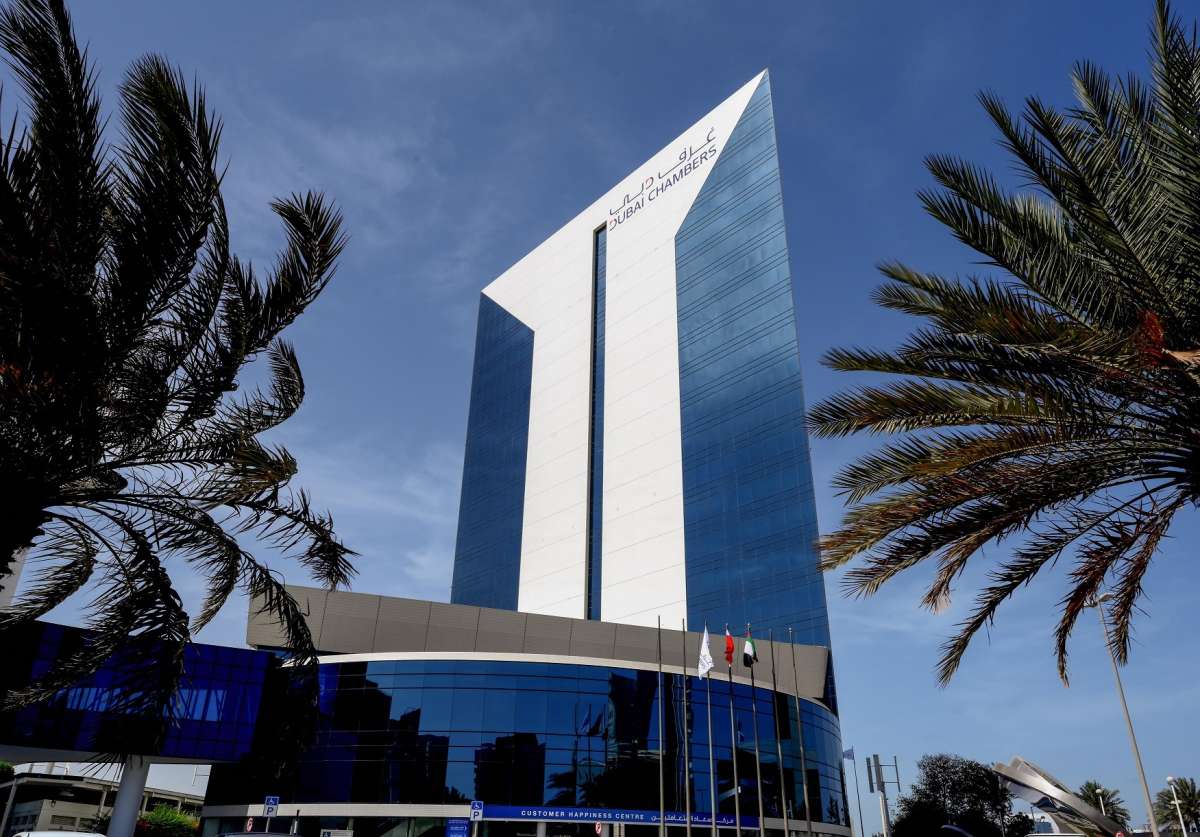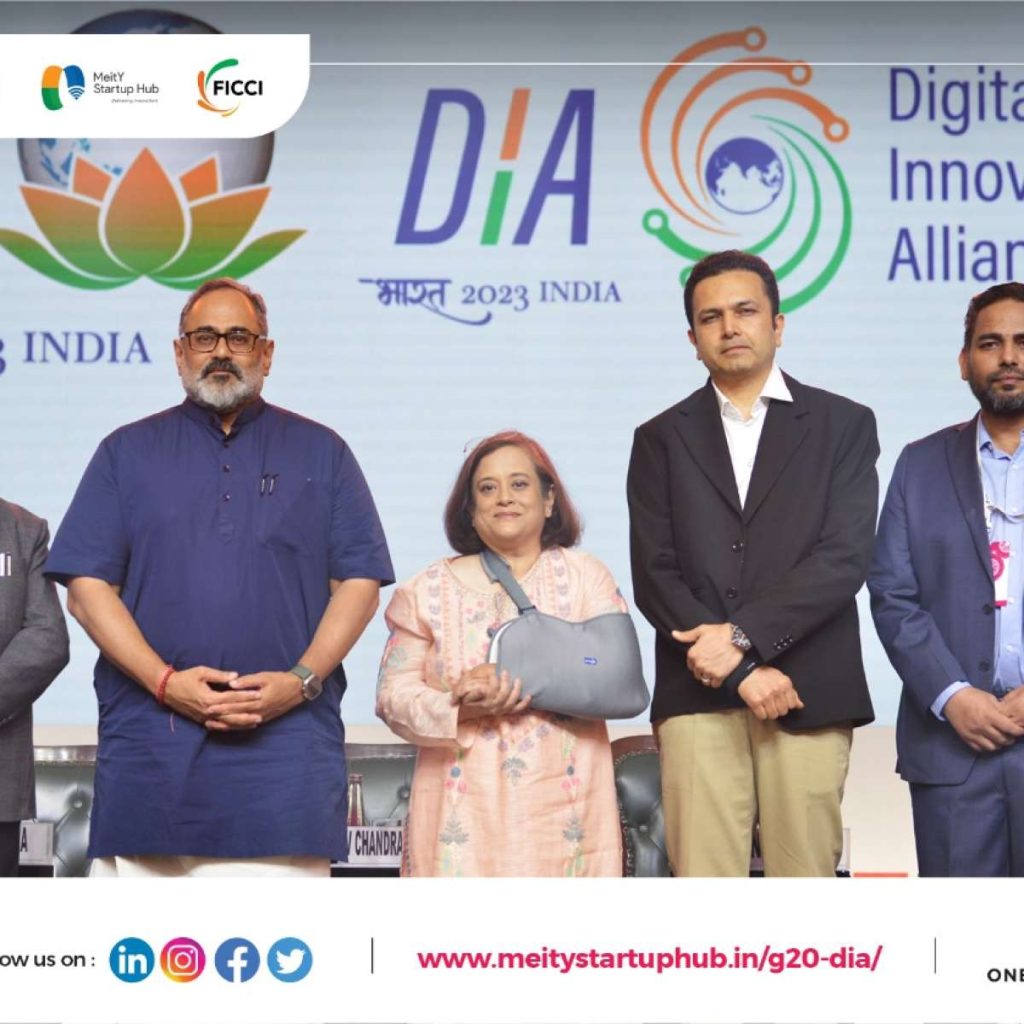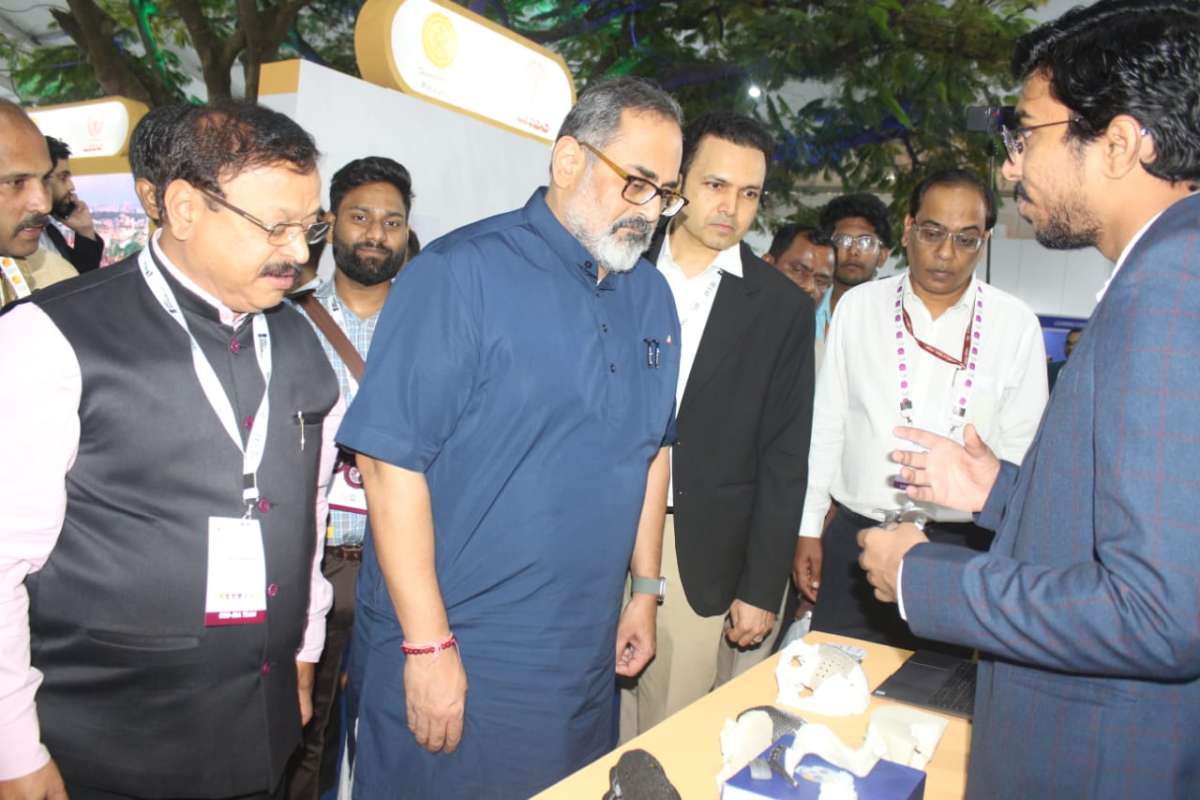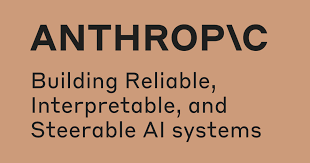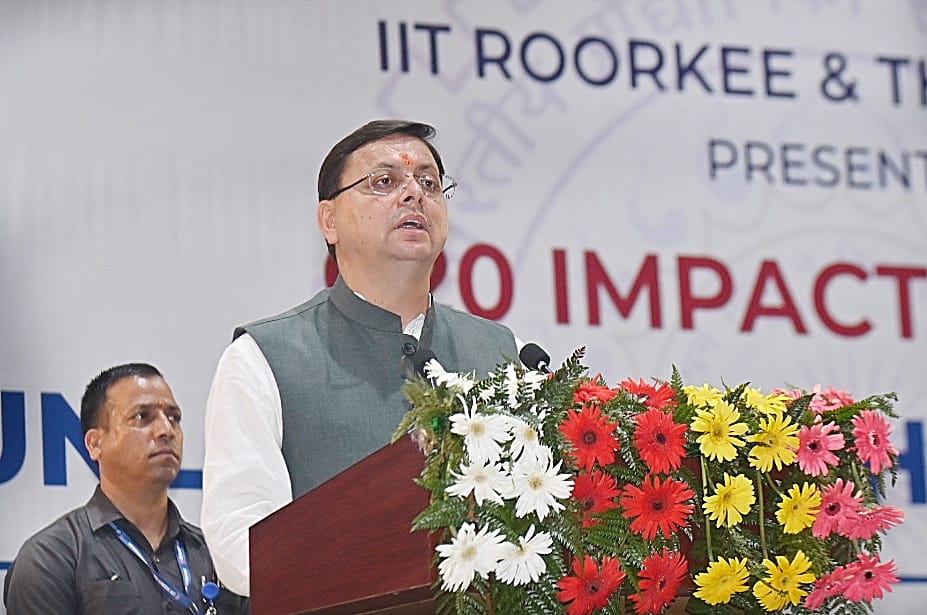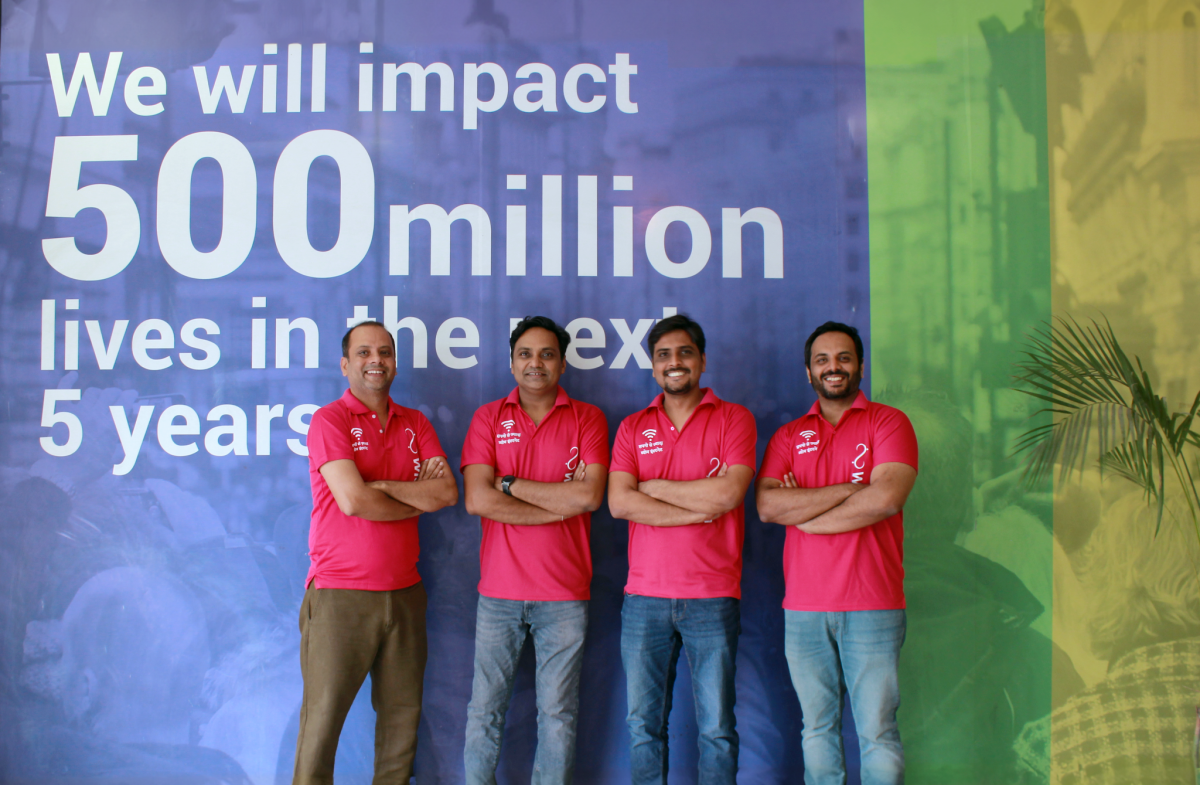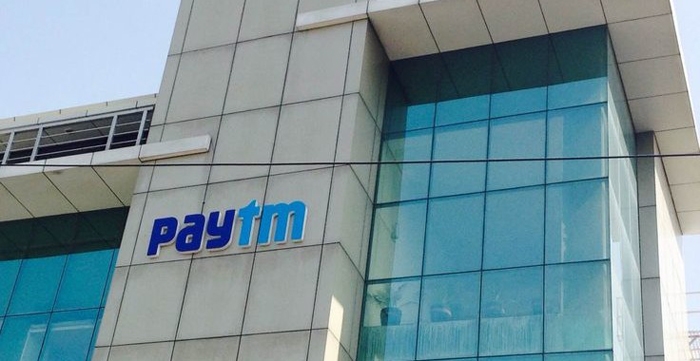Launched alongside the upcoming Expand North Star event, the guide is a valuable resource for those looking to start a business in Dubai’s thriving digital economy…reports Asian Lite News
Dubai Chamber of Digital Economy, one of the three chambers operating under the umbrella of Dubai Chambers, has published a comprehensive guide for startups that aims to simplify the process of setting up a business in Dubai.
‘Building Your Business in a Dynamic City: The Entrepreneur’s Guide to Business Setup in Dubai’ is designed to guide aspiring entrepreneurs through the intricacies of the emirate’s dynamic business landscape, equipping them with the information they need to make informed decisions.
Launched as the chamber prepares to host Expand North Star – the world’s largest event for startups – the guide is packed with essential information for anyone considering establishing a new business in Dubai’s rapidly growing digital economy ecosystem.
The UAE has outlined an ambitious strategy to double the contribution of the digital economy to the national GDP to 19.4% within the coming decade and achieve a value of US$ 140 billion by 2031. Dubai Chamber of Digital Economy aims to support these objectives by empowering aspiring entrepreneurs with the insights they need to unlock the vast potential of the emirate’s digital economy.

The new guide is available to download free of charge and has been developed based on in-depth research and feedback from the business community, which highlighted the need for a convenient reference tool to assist ambitious innovators who wish to become part of Dubai’s success story.
With Dubai Chamber of Digital Economy gearing up to host this year’s Expand North Star, the event offers the perfect platform to release the guide. This landmark gathering will attract the global tech community to the emirate and connect venture capitalists with unicorns, scaleups, and startups, further strengthening Dubai’s position as a leading centre for global digital capital.
Saeed Al Gergawi, Vice President of Dubai Chamber of Digital Economy commented that the launch of this informative guide supports our ongoing efforts to attract and assist entrepreneurs in the digital industries to set up in Dubai, in line with the chamber’s drive to achieve the goals of the Dubai Economic Agenda (D33).

Al Gergawi added that Ambition alone is not enough to establish a startup – it requires a thorough understanding of the local business ecosystem, legal and regulatory frameworks, and wider economic landscape. The release of this guide represents an advanced step in our journey to help entrepreneurs from across the globe successfully set up their businesses and leverage the exciting opportunities emerging in Dubai’s digital economy.
The guide commences with a section highlighting interesting facts and statistics on Dubai’s vibrant economy, future strategies, diverse talent pool, and fastest-growing sectors, before diving into useful information about key ecosystem enablers, including accelerators and incubators.
This is followed by a visual guide to major investors covering pre-seed to growth stages. The publication also takes entrepreneurs through the process of how to open a business account in the emirate and features a handy list of startup-friendly local banks. The guide continues with a section dedicated to the diverse range of free zones in Dubai, which includes a map of the 28 tax-free business zones, a brief outline of the various business structures available, and an explanation of different visa types.
The guide concludes with a series of comprehensive one-page set-up guides for key sectors of the digital economy, including Fintech, Digital Assets, Metaverse & Web3, AI, Cybersecurity, Software & SAAS, Healthtech, 3D printing, and Edtech. These feature step-by-step setup guides; sector-specific accelerators, incubators, and sandboxes; regulations entrepreneurs should be aware of; and a list of relevant conferences and events.
Dubai Chamber of Digital Economy is committed to building the economy of the future and supporting the emirate’s dynamic startup ecosystem. The chamber is working to create the world’s most advanced digital infrastructure, enhance the contribution of the digital industries to the national economy, and attract business, talent, and investors to Dubai.
‘Building Your Business in a Dynamic City: The Entrepreneur’s Guide to Business Setup in Dubai’ can be downloaded by visiting the following link:
www.dubaichamberdigital.com/wp-content/uploads/2023/10/the-entrepreneurs-guide-2023.pdf

